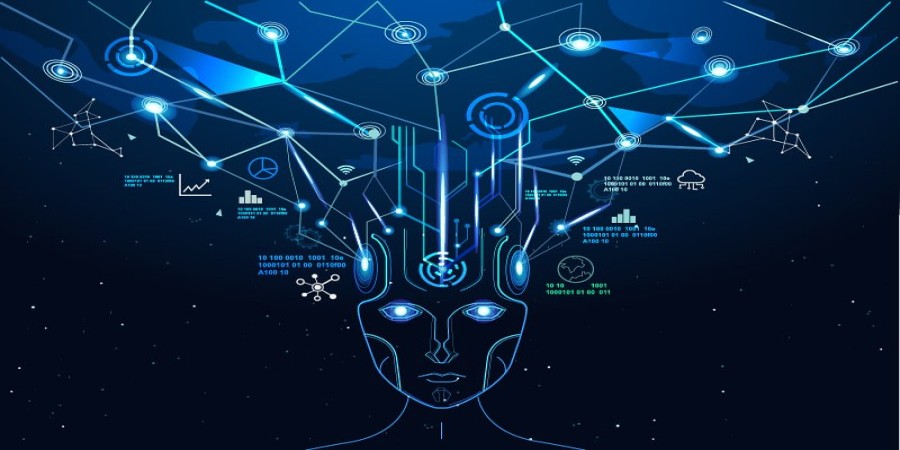

AI Deepfakes Raise Concerns Ahead of Elections in Pakistan, India, Indonesia and Bangladesh
As elections take place in countries like India, Indonesia, Bangladesh and Pakistan, the rise in AI-generated content, including deepfake videos, is alarming to tech experts and authorities. The potential for disinformation to influence elections is a growing challenge, prompting calls for regulations to curb the spread of synthetic media. We explore the implications and risks as technology blurs the line between reality and manipulation in the political landscape.
AI Misinformation in Asian Elections: A Deep Dive
In the midst of election season, technology is becoming a double-edged sword, with artificial intelligence (AI) leading the charge in creating deep fake videos. The story unfolds with Devendra Singh Jadon, a visual effects expert in India, receiving requests from politicians to create deepfake videos for their election campaigns. Technology has advanced to the point where deepfakes can be produced almost instantly, creating a significant concern for influencing voter behavior.
Concerns about the Asian political landscape
India: With over 900 million eligible voters, the use of deepfake videos is a major concern for Prime Minister Narendra Modi. Authorities have warned social media platforms about the potential loss of safe harbor status if they do not take action against the distribution of deep fakes.
Also read: Strategic Workforce Transformation at Paytm: Using AI for Efficiency and Growth
Indonesia: As Indonesia prepares for elections with more than 200 million voters, fake images of presidential candidates are circulating online, raising concerns that they could influence the election results.
Bangladesh: Deepfake videos targeting anti-women politicians have surfaced, underscoring the potential impact of poor-quality deepfake content on voters in a country with low digital literacy.
Also read: Study Reveals Over 24 Million Visitors Use AI to Undress Women in Online Photos
Pakistan: Imran Khan, despite being in jail, used an AI-generated image and voice clone to address an online election rally, garnering more than 1.4 million views. However, the lack of safeguards against misinformation in Pakistan's AI law is a cause for concern among digital rights activists.
Global Deepfake Trends
Statistics: In 2023, an estimated 500,000 videos and voice deepfakes were shared on social media globally, reflecting the widespread use of synthetic media.
Platform Struggle: Major platforms like Meta (Facebook, Instagram, WhatsApp) and Google (YouTube) aim to combat artificial media. However, challenges persist, with platforms struggling to address this issue in countries like India, Indonesia, and Bangladesh.
Related: Meta Imagine AI: Your Gateway to Free-Standing Image Generation
Regulatory landscape: Recent laws in India, Indonesia and Bangladesh aim to police online content and social media sites for disinformation. However, the efficacy of these measures remains uncertain.
The way forward
As the world focuses on the potential impact of deep-fixes on elections, the need for standardized regulations and proactive measures is clear. Countries need to emulate the standards implemented in the United States to protect the democratic process. Meanwhile, in India, where Modi is up for a third term, Jadon is ready to create deep fake campaign videos with watermarks added to ensure transparency.
In the evolving landscape of AI and disinformation, the line between reality and manipulation becomes increasingly blurred, emphasizing the importance of careful regulation and public awareness.
Popular articles

Dec 14, 2023 04:51 PM

Dec 08, 2023 01:45 PM

Dec 21, 2023 06:04 PM

Dec 26, 2023 07:15 PM

Dec 08, 2023 07:07 PM
Categories
Comments (0)